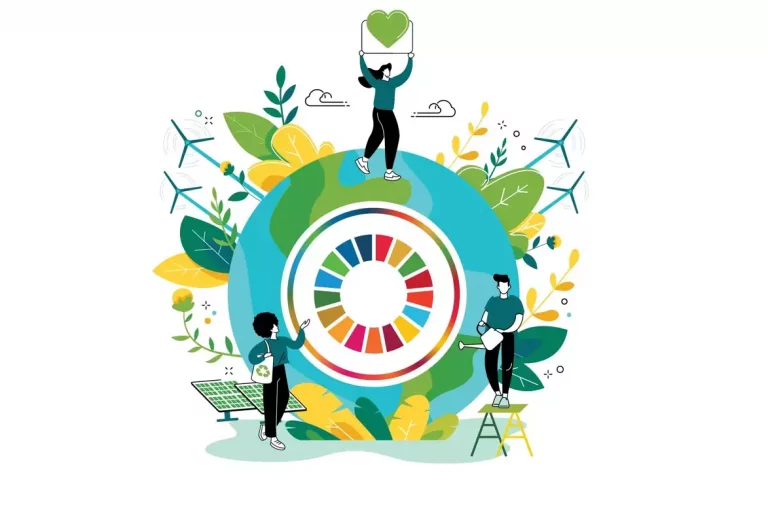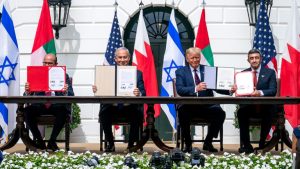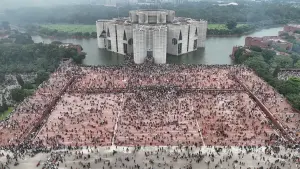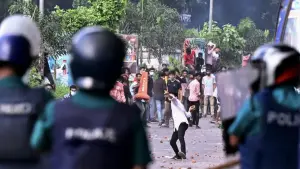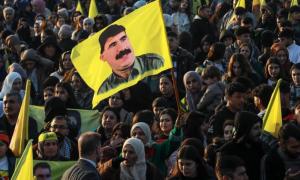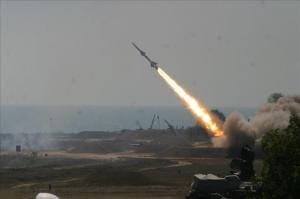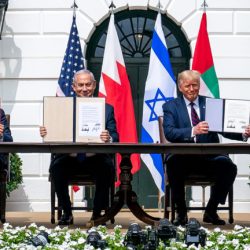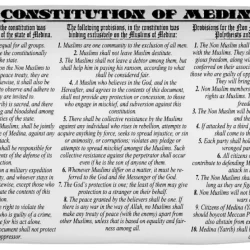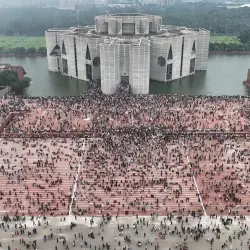The Sustainable Development Goals (SDGs) are a set of 17 global objectives that were endorsed by the United Nations in 2015 as a component of the 2030 Agenda for Sustainable Development. These objectives seek to eradicate poverty, safeguard the environment, and guarantee that everyone lives in peace and prosperity. They include a wide range of topics, such as energy, economic development, gender equality, water and sanitation, poverty, hunger, and health.
“Development that fulfills the demands of the present without compromising the ability of future generations to meet their own needs” is the definition of sustainable development. The SDGs are made to reflect this concept and guarantee that economic development and growth be accomplished in a way that is fair, inclusive, and environmentally responsible.
The SDGs are also designed to be interconnected and indivisible, which means that advancement in one area will encourage advancement in others. For instance, investing in clean energy can assist to protect the environment, while investing in education and gender equality can help to eliminate poverty.
The SDGs are also intended to be universal, which means that they apply to all nations regardless of how developed their economies are. This is crucial because every nation must play a part in achieving sustainable development and will gain from a more just and sustainable world economy.
Read What are the Sustainable Development Goals? Do we need these?
Did the world make any progress?
Since the adoption of the SDGs, significant progress has been made in achieving these goals. Some of the key achievements include:
- Extreme poverty has decreased by over 25% since 2000, and the number of people living in extreme poverty is projected to fall below 10% by 2020.
- Hunger has been reduced by 27% since 2000, and the number of undernourished people has decreased by over 100 million.
- Access to clean water and sanitation has improved, with an additional 2.6 billion people gaining access to improved drinking water sources and 2.1 billion people gaining access to improved sanitation facilities since 2000.
- Primary school enrollment rates have reached 91% globally, with significant progress made in increasing access to education for girls.
- Gender equality has improved, with more women participating in the labor force and more women holding leadership positions in government and business.
- Renewable energy has grown rapidly, with the share of renewable energy in the global energy mix increasing from 19% in 2012 to 26% in 2019.
- CO2 emissions from energy consumption have plateaued, and some countries have seen emissions decrease.
Despite the progress made, there is still much work to be done to achieve the SDGs by the target date of 2030. Some of the areas where progress has been slow include:
- Income inequality has been increasing in many countries, making it harder for people to access the resources they need to lead a decent life.
- Climate change is causing more severe weather events and disrupting ecosystems, putting vulnerable communities at risk.
- Many countries still lack access to clean water and sanitation, and diseases related to poor water and sanitation continue to be major causes of death and illness.
- The COVID-19 pandemic has had a devastating impact on people’s lives and livelihoods, with many people falling into poverty and hunger as a result of the economic downturn.
Is Bangladesh on the right path?
Bangladesh has made significant progress in achieving the Sustainable Development Goals (SDGs) since its adoption in 2015. Some of the key achievements include:
- Poverty reduction: Bangladesh has made significant progress in reducing poverty, with the poverty rate falling from 44.2% in 1991 to 24.3% in 2016.
- Economic growth: Bangladesh’s economy has grown at an average rate of 6% per year since 2010, and the country is now classified as a lower-middle-income country.
- Education: Bangladesh has achieved almost universal primary education, with a net enrollment rate of over 95%. The country has also made progress in improving access to secondary education, and the literacy rate has risen to over 72%.
- Gender equality: Bangladesh has made progress in promoting gender equality, with women’s participation in the labor force rising to over 40% and the number of women in political leadership positions increasing.
- Health: Bangladesh has made significant progress in improving health outcomes, with maternal and child mortality rates falling and life expectancy increasing.
- Water and sanitation: Bangladesh has made progress in increasing access to clean water and sanitation, with over 96% of the population now having access to improved drinking water sources and over 61% having access to improved sanitation facilities.
- Climate change: Bangladesh is one of the most vulnerable countries to the impacts of climate change, with a large population living in low-lying coastal areas. The country has implemented a number of measures to adapt to the impacts of climate change and reduce its greenhouse gas emissions.
- COVID-19: Bangladesh has been relatively successful in containing the spread of COVID-19, with a relatively low number of cases and deaths compared to other countries in the region.
Read Why the SDGs came into existence? What are its features?
However, Bangladesh is still facing many challenges in terms of achieving the SDGs. Some of the areas where progress has been slow include:
- Income inequality: Income inequality remains a significant issue in Bangladesh, with the wealthiest 20% of the population earning nearly 16 times more than the poorest 20%.
- Climate change: Bangladesh is still facing significant challenges from the impacts of climate change, including flooding, cyclones, and sea level rise, which are affecting the livelihoods of millions of people.
- Maintaining environmental sustainability: Bangladesh has seen rapid urbanization and industrialization in recent years, which has put pressure on the country’s natural resources and ecosystems.
Bangladesh must keep working to overcome these obstacles and advance in areas like lowering income inequality, addressing the effects of climate change, and fostering sustainable economic growth if it wants to attain the SDGs by 2030.
In order to address the underlying causes of poverty, inequality, and environmental degradation, it is imperative to expedite progress in these areas and take decisive measures. Governments, civil society, the commercial sector, and individuals will need to work together to accomplish this. The SDGs will ultimately require a fundamental change in how we view development, moving away from an emphasis on economic growth and toward an emphasis on sustainable and equitable development for everyone.

